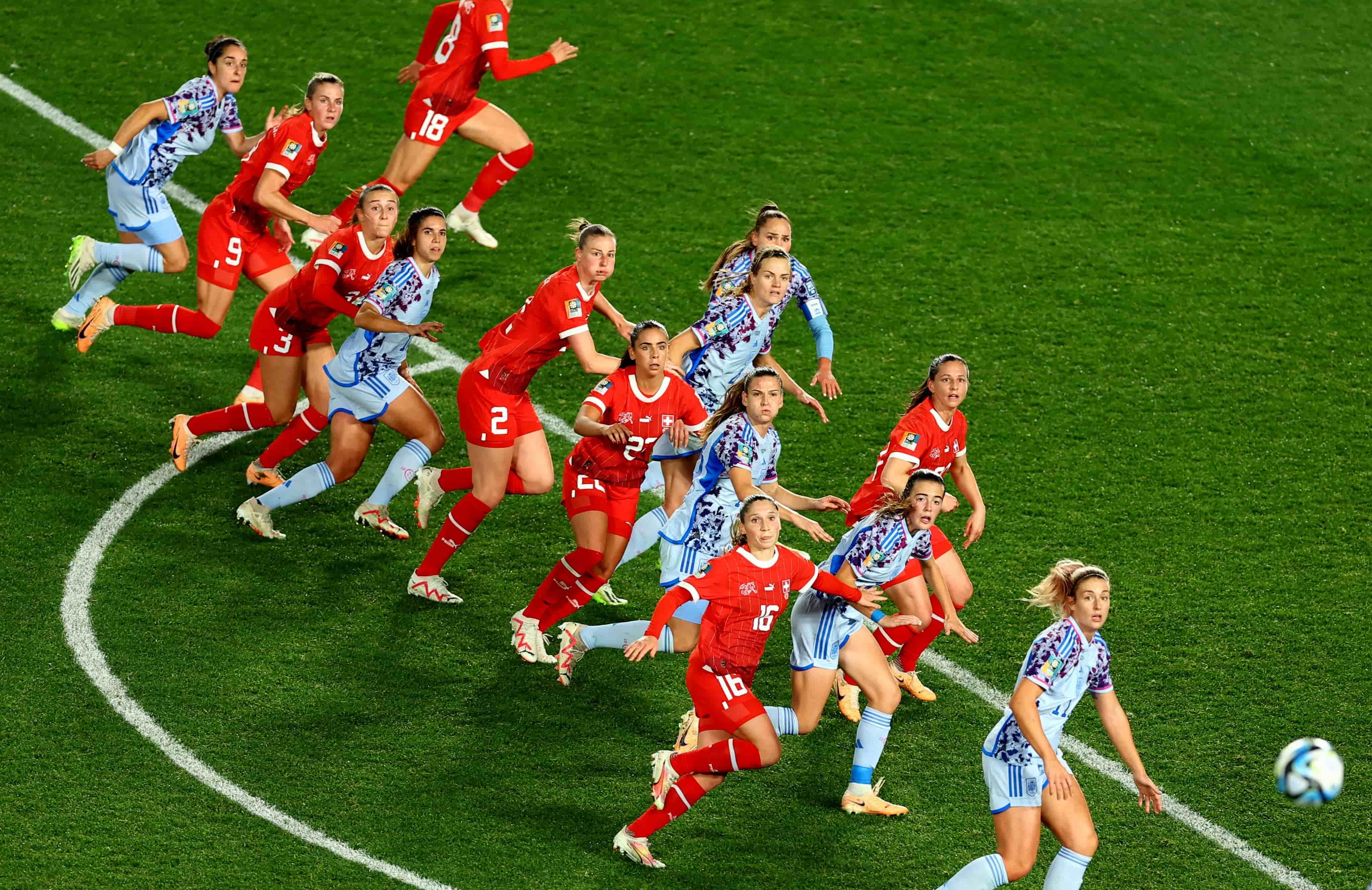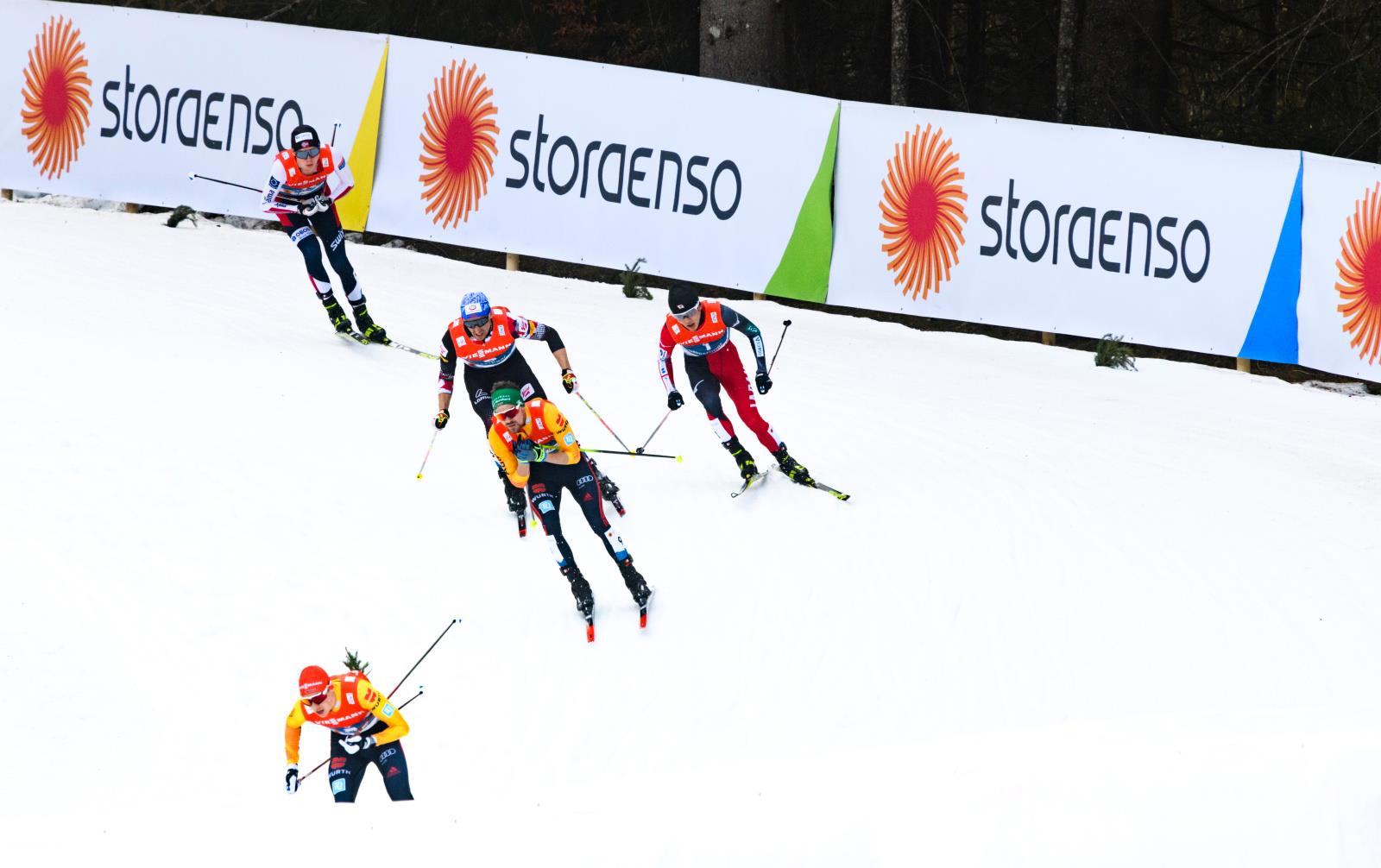As society develops, the world of sports is facing new challenges that need innovative solutions. However, there are way these solutions can cross-over into mainstream society. As the world becomes more diverse, easier to navigate and science progresses, more questions are asked about how we proceed as a species in the most ethical and healthiest fashion. These questions present opportunities for sport sustainability to have a bigger role in creating an inclusive future. These are four ways sport and society could lean on each other to create a better human experience for all.
Using sport as a driver for climate action
As environmental concerns evolve, the ski industry faces a unique challenge. How can it adapt to the effects of climate change while maintaining accessibility? Research highlights that, as temperatures rise, resorts will have to rely on artificial snow more to keep their slopes open. This not only raises operating costs, but also threatens to further restrict the already limited access to skiing.
But this also presents an opportunity for the industry. There is a chance to re-evaluate priorities and chart a more sustainable and inclusive path for the future. There is a chance to set a positive example for other sports and industries in the face of the ongoing environmental crisis. This is by balancing the trade-off between accessibility and ecological responsibility.
Incorporating fitness in our everyday lives
Whilst an active lifestyle offers many benefits, finding consistency is challenging. In an interview with David Burney, Professor at Pratt Institute School of Architecture in New York, he explained that active design could help make that leap a little less difficult.
Active Design incorporates health and wellness into urban design. It focuses on creating spaces that encourage physical activity and promote better health. This includes shifting cities from being traffic-focused to more pedestrian and cycling-focused planning. It also means creating public spaces and adding features like wider sidewalks and bike lanes.

There are obvious links between increasing physical activity and improving public health. For one, shifting the focus from set times for fitness to more sustainable physical activity. There are also positive effects on community engagement, and it contributes to reducing traffic issues and creating better air quality. Corporate and sports organisations can financially support projects. Intermediary organizations can help also ease cooperation between private actors and government agencies.
The sporting industry faces a range of complex challenges, from the impact of climate change on sport, the use of genetic technology, the inclusion of transgender athletes to promoting healthy populations. However, these challenges also present exciting opportunities for sports organisations to innovate, set positive examples and make a real impact on society. By embracing change, balancing ethical considerations, and supporting the communities they serve, the sports industry can make a positive impact on the world and inspire future generations of athletes and fans alike.
Finding ways to gamify active lifestyle
Gamifying an active lifestyle can have a significant impact on improving the overall health of society. By incorporating elements of play, competition and reward into physical activity, individuals are more likely to engage in regular exercise and maintain healthier habits.
It’s something that drives District Technologies, and a point that CEO Chris Cable discussed on an episode of The Mix Zone podcast. “Rather than just going out for their normal run, 5k, 10K people actually wanted to be able to do this more exploration experience in their day-to-day fitness routine. We really evolved the product to be not only usable for events, but also for people to be able to have this gamified experience.
Gamification can help increase motivation, accountability, and fun making it easier for people to stick to their fitness goals. Additionally, it can help break down barriers and make physical activity more accessible and inclusive for all ages and abilities. By encouraging people to lead active lifestyles through gamification, we can promote healthier habits, reduce the risk of chronic disease, and improve overall well-being for individuals and communities alike.
Corporate benefits helping drive healthy populations
In our recently released guide on how to shape the future of sport, Infront Vice President People and Infrastructure said that companies have “a responsibility to provide employees with options for their wellbeing because it creates that sense of belonging, sense of purpose, sense of being together as a team and having fun.”
Work is something many people spend a third of their day doing, so it is in the interest of organisations to ensure the health of their employees. That can be through either initiatives which encourage wellbeing through incentives (for example, combining team building and fitness through something like B2Mission).






.jpg)
